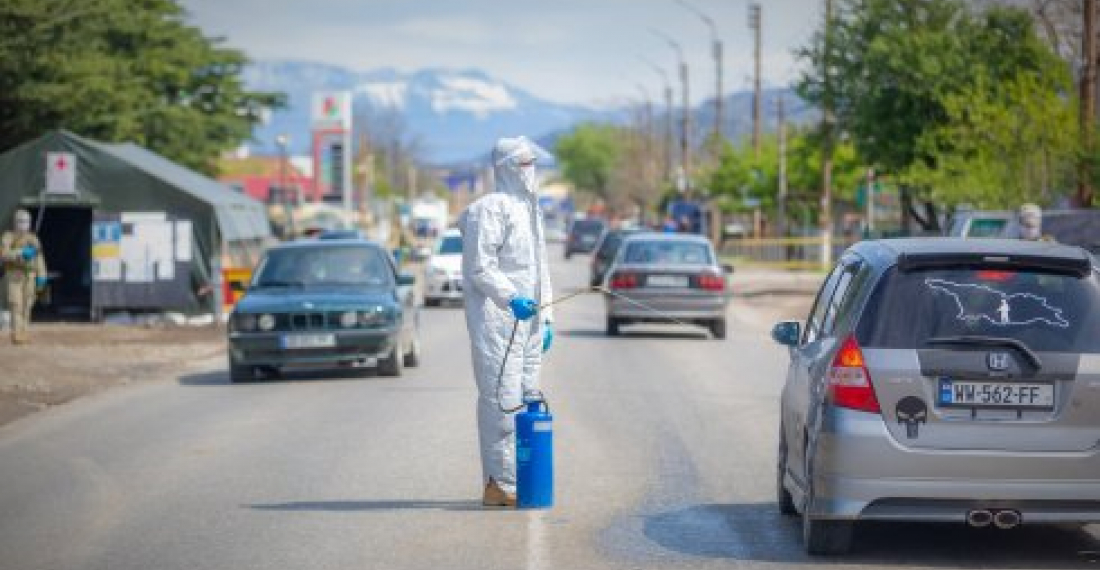Over the past few weeks the number of new infections in Georgia has surged, reaching the record number of cases since the beginning of the pandemic.
Georgia has reported 193 new cases of the coronavirus as for 21 of September and announced the death of a 20th patient since the country confirmed its first case of the coronavirus at the end of February 2020.

The new 193 cases were recorded in:
- Adjara region - 92 cases
- Tbilisi - 31 cases
- Imereti region - 53 cases
- Samegrelo-Zemo Svaneti - 8 cases
- Guria - 7 cases
- Racha - 1 case
- Mtskheta - Mtianeti - 1 case
Georgia has had 3,635 cases of the coronavirus so far.
1,534 of the 3,635 patients have recovered, while 20 others have died.
As of today 2,142 individuals remain infected with COVID-19 in the country.
According to the PM Georgi Gakharia, the government currently has no plans to declare a national lockdown.
source: commonspace.eu with agencies







